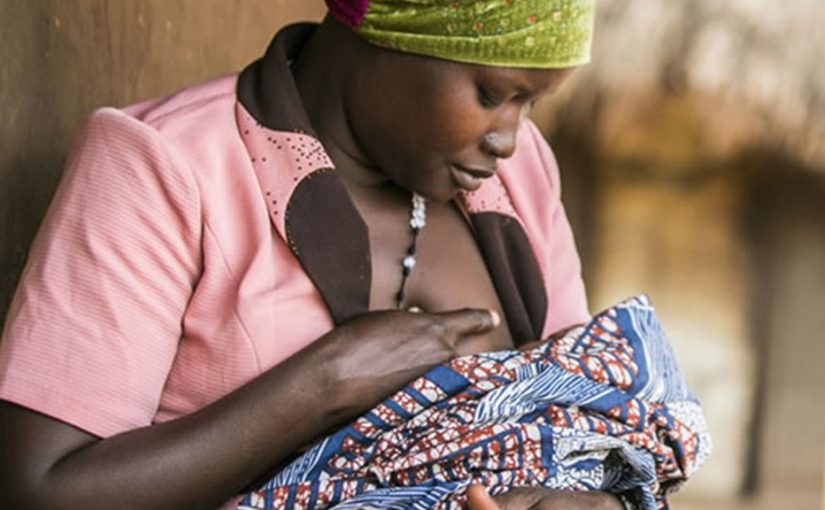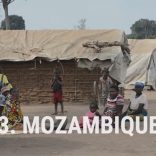Mozambique: The world’s third most neglected displacement crisis in 2024- NRC
Mozambique: Misinformation deters breastfeeding in Nampula province – health authorities

FILE - For illustration purposes only. [File photo: O Pais]
Mozambican health authorities have warned of misinformation regarding breastfeeding in Nampula province, due to the yellowish colour and thick texture of colostrum, which causes mothers to fear the possibility of harming their babies.
“There’s the first milk, called colostrum, which is yellowish in colour. The community generally considers it harmful to babies, and this has to do with taboos. It’s a widespread issue; every province has its own cultures and practices,” explained Malveno Sualeque, provincial nutrition program manager in Nampula.
Sualegue added that, despite public health campaigns carried out by local authorities, which highlight the benefits of exclusively breastfeeding in the first six months of life, there are persistent levels of misinformation that undermine the practice, especially in the most vulnerable communities.
Since Wednesday, the nutrition program’s services have been carrying out an initiative within the scope of World Breastfeeding Week in Mozambique’s most populous province, in the north of the country.
One of the most persistent myths is precisely related to colostrum, the first milk produced by a mother immediately after birth. To dispel these fears, according to the official, the department has intensified the dissemination of messages aimed at demonstrating the benefits of exclusive breastfeeding.
“The agents are trained to raise awareness among mothers at the community level to avoid throwing away this colostrum, under the misunderstanding that it is harmful to the child. On the contrary, it is very beneficial, rich in vitamins and minerals, which strengthen the child’s immune system,” he added.
Dr. Nazira Abdula also emphasized that colostrum is a “first vaccine,” essential for strengthening the new-born’s immune system, protecting them against infections.
However, the rejection of colostrum, fueled by cultural beliefs and lack of information, continues to be a serious obstacle to child health in many communities.
“Breastfeeding is much more than feeding a child; it is a gesture of love, protection, and connection between the mother and her child, given that it is the first vaccine the child receives (…). Despite progress, many challenges remain, there is still a lot of misinformation, and there are cultural myths—some are good, but others are not,” she added.
Hence the local call for everyone’s involvement, Nazira Abdula emphasized. “It is essential that the father, grandparents, and other family members support and encourage the mother. The family environment can be a great ally or one of the greatest obstacles in this process. It is a time for sharing and commitment to the well-being of our children,” she stated.












Leave a Reply
Be the First to Comment!
You must be logged in to post a comment.
You must be logged in to post a comment.